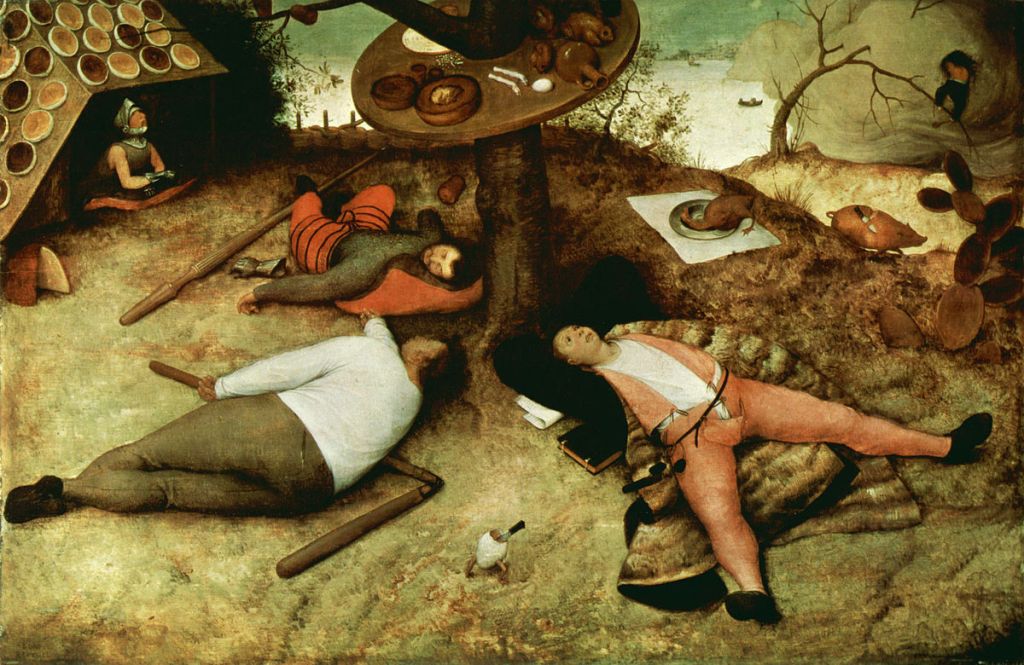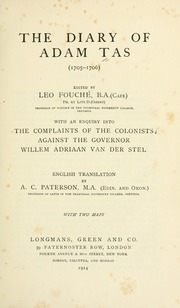
Government and business tender collusion has reached new heights, prices are fixed, corruption is rife, contracts are manipulated to enrich the most powerful, and honest small businesses are forced into liquidation. The year is 1699.
Willem Adriaan van der Stel has ascended to the governorship of the Cape, succeeding his father, Simon. The latter lives on in memory after naming Stellenbosch after himself. The former lives on in infamy.
Willem Adriaan – let’s call him “WA” – had hardly taken office than his mind turned to how he could extract as much wealth from his position as possible. The scam was simple. The governor of the Cape had control over the purchasing of “victuals” for ships belonging to the Dutch East India Company which ventured to India, Java and beyond, where the real profits lay in spices and silk.
These victuals were procured from the free burghers, people of Dutch, French and German descent who had been granted land to produce fresh goods for the company ships. This job used to be done by the company, but the system had been inefficient, expensive and ridden with graft. The free burghers were motivated to keep prices in check and to improve productivity.

looking presidential
I can see you are alighting on this as testimony to the effectiveness of the free market. Don’t. This was no free enterprise system, for burghers ran brutal businesses that relied on slaves imported from Malaysia and Angola and locally captured folk to do the dirty work. Most believe they treated their slaves worse than Americans treated theirs. It might have been competitive, but it was ugly. WA immediately began cutting in on the free burgher action, profiteering on the wine trade by buying it cheaply from the burghers and then selling it on at a higher price.
This profit went towards paying off the debt WA had accumulated back in Holland, where he had caroused his way through high society as what we would these days call a “socialite”. To paraphrase The Eagles, he threw outrageous parties, and now he had to pay heavenly bills.
But a pile of stolen guilders is never enough, is it? It was not long before WA went large. He took possession of a large estate called Vergelegen and, with his retired father and other senior officials, began producing other supplies for the company. He bought his own produce at a handsome price, which he set. When he did not have enough inventory, he reluctantly bought from burghers at a discount.
He and his band of market-fixers were the original one-percenters. Just seven of them owned half as much of the land as all the free burghers together.

In the words of the historian Prof Leo Fouché , the “palatial” Vergelegen was to become “a monument of magnificence, reared upon cynical disregard of the commands of the authorities in India and the Netherlands, and of the eventual cost to the company and the colonists”.
As is frequently the case with persons in power, WA was a toxic mix of “weak and domineering” and highly indebted, “hence the corruption and venality which characterised his administration”.
The free burghers felt the squeeze and began to conspire with one another over tobacco and wine. One of them, Adam Tas, was particularly upset and, being one of the few among this illiterate rabble who could read and write, drafted a memo to the company in Holland about “de hebzucht” of WA and his cronies. That’s Dutch for greed.
Of course, Tas was no angel and has been credited for proposing the pass laws among other acts of barbarism. But we digress.

Tas sneaked his letter onto a sailing ship to HQ in Holland. After a three month journey past sea-monsters and other shades of the ocean, the document landed in Holland where it wound its way through the labyrinth of bureaucracy to the in-tray of the Heeren Sewentien, who ran the Dutch East India Company, or VOC. The company was the first multinational and the first company to issue stock and the Heeren Sewentien may have been the first properly constituted board.
The gist of Tas’s unhappiness is captured by this entry in his diary: “The damned tyrant has for years oppressed and fleeced the burghers in an unheard of manner, with the result that they have become almost refractory, and now the impudent slanderer seeks to shift the blame from himself and to besmirch honourable men in such a manner. O tempora! O mores!”
WA found out about Tas’s memo and immediately embarked on a two-pronged strategy. First, he wrote a memo in his defence, in which he cast Tas as “an idle fellow, for to go lounging up and down, and every day about the neighbourhood be wagging a forward tongue”.
More: “With his confraternity he must still be spending days and nights in swilling and toping and feasting and junketing. For of their rustic husbandry would each man dress his table with dishes ten and twelve, bespread with tarts and pastries, turkeys and geese and capons and the rest, until that with these roisterings they did begin to forge presumptuous, lecherous, and overweening extravagances, and reckless purposes and designs, for to disturb the Governor his repose, and with infatuate and abandoned naughtiness to trample under foot the general peace and quiet.”
Of course, that description was contested. Tas was regarded by his followers as “a cultured man, of genial and amiable disposition”, according to Fouché. Of course he liked wine and tobacco, but, he wrote: “It is scarcely necessary to remind the reader that this delectable picture of the farmer’s life as a veritable Land of Cockayne was entirely a figment of the Governor’s imagination.”

The Land of Cockayne refers to a “mythical land of plenty” illustrated in Pieter Brueghel’s medieval painting showing persons lying about comatose after eating and drinking too much.
WA’s second strategy was to have Tas arrested and thrown in the “black hole” at the Castle, where he was denied reading material and held in solitary confinement.
When Tas’s memo finally made it through the corporate bureaucracy onto the agenda of the Heeren Sewentien, they were bemused. At first they dismissed it. Then their self-interest dawned on them. The effect of WA’s behaviour on their profits lit a fire of moral courage and they turned on him.
Their response made its way back to the Cape, and when it got to WA, he might have exclaimed “WDF”, which is Dutch for “WTF”. It said he and his cronies were to pack up wigs, goblets and smoking jackets and leave their offices immediately.
Tas was freed and renamed his estate Libertas. For the moment, the idea of the state rigging prices and cutting cronies in on the action was heavily censured. But only for the moment.